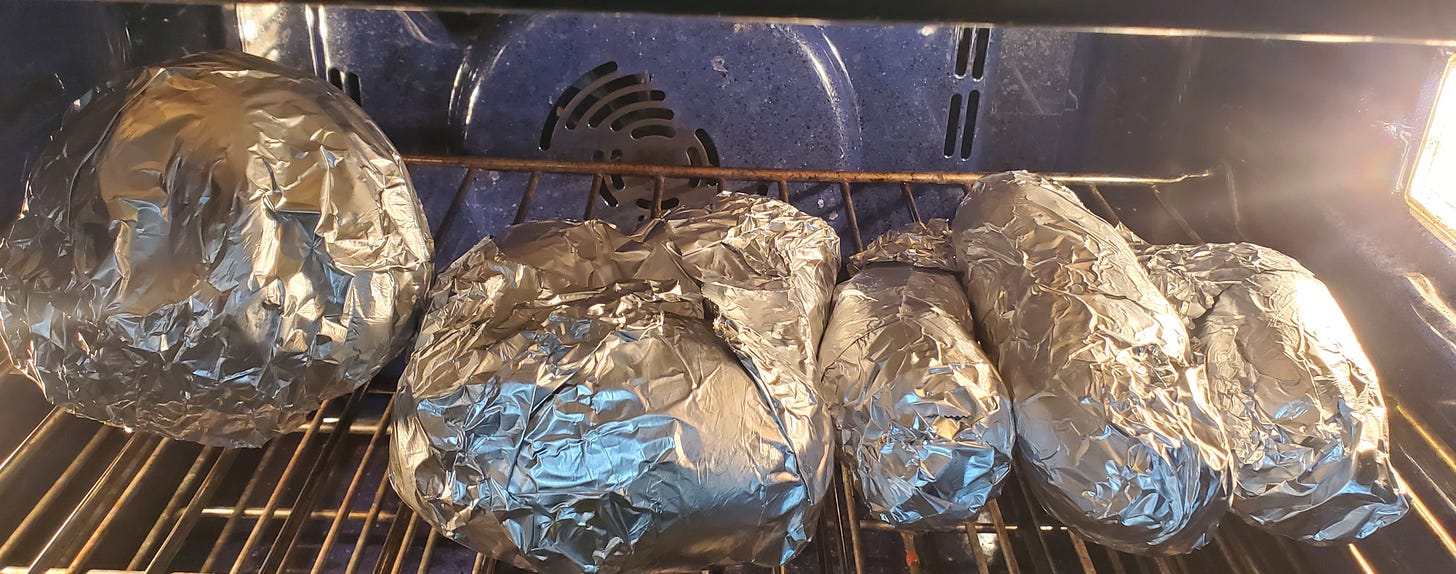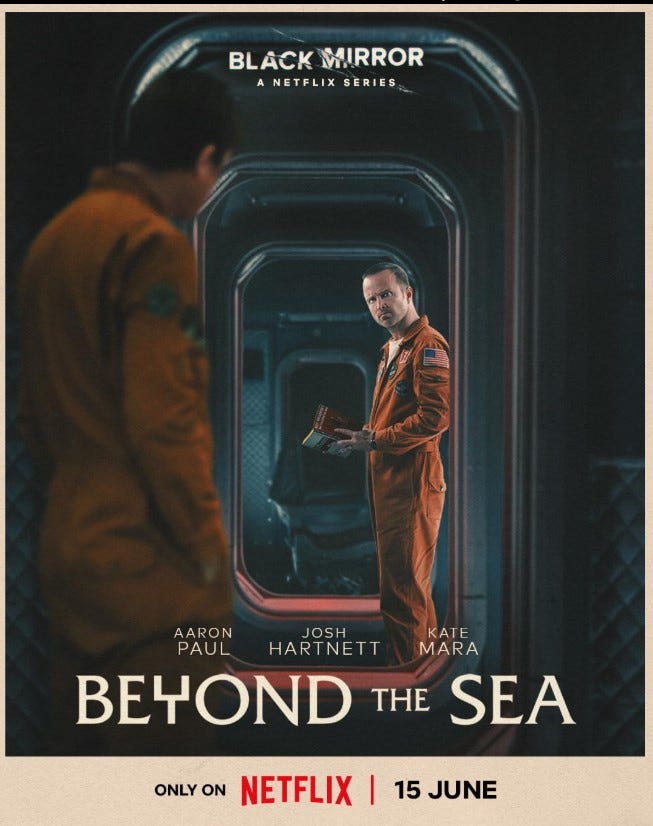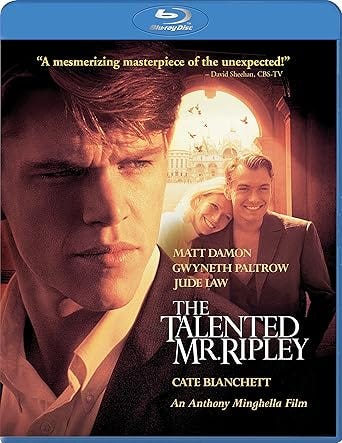Tropes. Sometimes, non-writers can see tropes more easily than writers. For example, there is a particularly bad episode of Black Mirror in season 6. It was so bad that I stopped watching Black Mirror after this episode. I lost all faith in their storylines. In “Beyond the Sea,” in an alternate universe, astronauts have to leave behind their families when they go to space. To alleviate the misery of their families, scientists have devised a way for the astronauts to transfer their consciousness to artificial prototypes. In the story, two astronauts Cliff and David are good friends. Early on in the story, David is away in space when a cult kills his family and destroys his replica. Next, Cliff and his wife offer David limited use of Cliff’s body so that he can heal. Both my brother and my daughter said that early on, they said, oh, no, this can only end in two ways, and neither is good. What’s the trope, I asked. I couldn’t see it, although I knew I hated that ending. They both explained to me that it was obvious that David would take Cliff’s body permanently while Cliff was away in space. I am an earnest writer, stumbling my way through impulses and analysis. I am not a cunning writer. I never think in terms of tropes. But it was fascinating to see where the writer was going, and why the story was doomed from the start. Now, here is an example of a good trope. In The Talented Mr. Ripley, Princeton graduate Dicky’s father hires Ripley to keep an eye on his son. Now, the whole story could be built on Dicky finding out about this secret, but the script gets rid of the trope right away when Ripley tells Dicky about his father. Now the movie has to move beyond this storyline and break new ground!
Publishing epiphany. At this stage in submitting to literary magazines, I realized how I send out stories, and how I am limiting my own chances of getting published. I write a story and send it out to ten places, then write another one. When I get rejected, I start sending to more and more places. When I get a rejection from every place, then, begrudgingly, I take another look at the story and realize it’s not up to snuff, so I revise it. Now it’s better and suddenly I am getting a lot more attention from places, but by now I’ve already sent to all the magazines I admire. Recently, after receiving two extremely positive notes from two dream magazines, I realized that I have been extremely disorganized and so the results I am getting are also random, totally up to luck. If I simply spent more time with stories, put them aside and reread them and revised several times before sending out, then sent to each dream magazine at a time, I would have a lot more control over the process. This was what happened when I got published in Granta. I had written a story. My father read it and said, this time you will get published. I received notes from several magazines, including Louisville Review and a personal, hand-written note from Junot Diaz at Boston Review. Then I sent it to Granta. They asked for a major revision before taking it. I had to change the ending. Had I revised the story before sending it out at all, I might have been able to control much better how it fared in the world. I play with stories the way I play any game, from Chess to Monopoly. I don’t understand the strategy. I just play. But from now on, I will try to hold onto stories a bit longer, instead of just going to submission calls and sending to whatever magazine is open as soon as I reach the end of a story. Now that I know I have a good chance of getting published, with so many magazines and dedicated editors (and I mean this for all of us writers. Each of our stories has a good chance of getting published, if not in its present form, then in revision), I want to make sure that I have given the story my best before sending it out. A poor story can turn into the best story with just the right sauce (sorry, reaching for Thanksgiving metaphors. This needs revision). Let it cook a little longer, like a good turkey.
Discussion about this post
No posts






